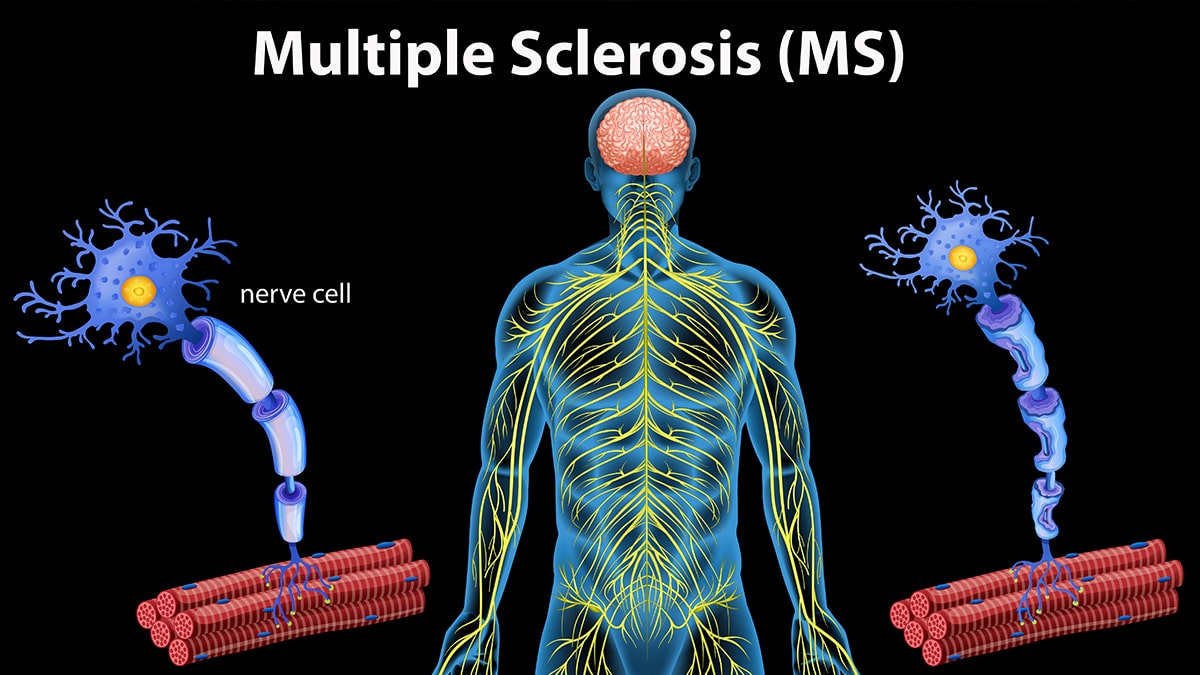Understanding Multiple Sclerosis: A Comprehensive Guide
Introduction
Multiple Sclerosis is a chronic neurological condition that affects the central nervous system, including the brain and spinal cord. It is a complex disease that can vary widely in its presentation and progression, making it challenging to diagnose and treat effectively. In this article, we will explore the various aspects of Multiple Sclerosis, from its symptoms to its management.
Benefits of Understanding Multiple Sclerosis
Having a thorough understanding of Multiple Sclerosis can help individuals navigate their diagnosis, treatment options, and lifestyle adjustments better. Knowledge about the disease empowers both patients and their caregivers to make informed decisions about their health and well-being. By being well-informed, individuals with Multiple Sclerosis can work closely with their healthcare providers to manage their symptoms and optimize their quality of life.
Detailed Explanation of Multiple Sclerosis
Multiple Sclerosis is an autoimmune disease where the immune system mistakenly attacks the protective covering of nerves, called myelin. This results in inflammation and damage to the myelin sheath and can disrupt the communication between the brain and the rest of the body. As a result, individuals with Multiple Sclerosis may experience a wide range of symptoms, including fatigue, numbness or weakness in limbs, difficulty walking, vision problems, and cognitive changes.
FAQs about Multiple Sclerosis
1. What are the common symptoms of Multiple Sclerosis?
The common symptoms of Multiple Sclerosis include fatigue, numbness or weakness in limbs, vision problems, difficulty with coordination and balance, and cognitive changes.
2. How is Multiple Sclerosis diagnosed?
Multiple Sclerosis is typically diagnosed through a combination of medical history review, neurological examination, MRI scans, and other tests to rule out other conditions with similar symptoms.
3. What are the treatment options for Multiple Sclerosis?
Treatment for Multiple Sclerosis aims to manage symptoms, slow disease progression, and improve quality of life. This may include medications, physical therapy, lifestyle modifications, and in some cases, surgery.
4. Can diet and exercise help in managing Multiple Sclerosis?
Healthy diet and regular exercise can play a supportive role in managing Multiple Sclerosis by promoting overall well-being, maintaining a healthy weight, and reducing fatigue.
5. Is there a cure for Multiple Sclerosis?
Currently, there is no cure for Multiple Sclerosis, but ongoing research is focused on finding new treatment options and potential cures for the disease.
Conclusion
In conclusion, Multiple Sclerosis is a complex condition that requires a multifaceted approach to management. By understanding the symptoms, diagnosis, and treatment options available, individuals with Multiple Sclerosis can take control of their health and well-being. It is essential to work closely with healthcare providers to develop a personalized care plan that addresses the unique needs of each individual living with Multiple Sclerosis.

